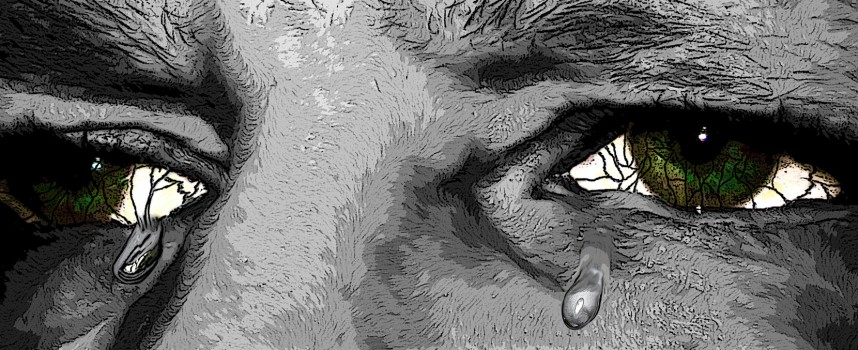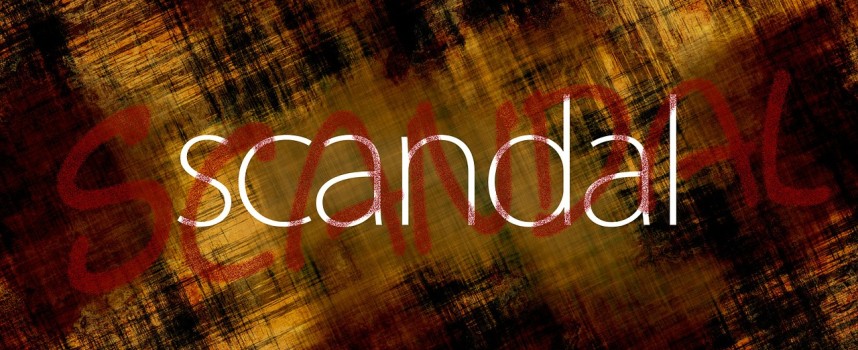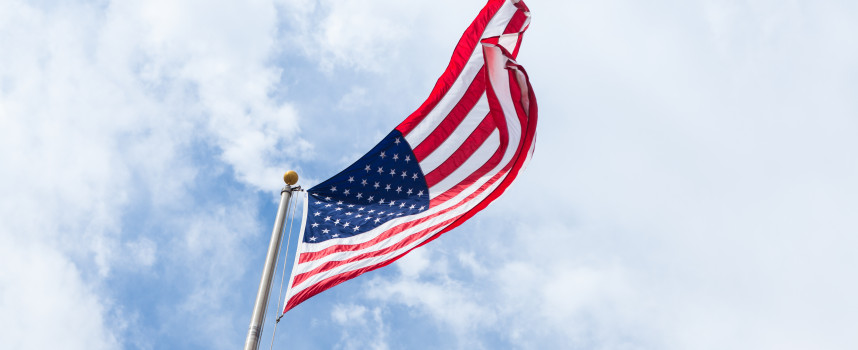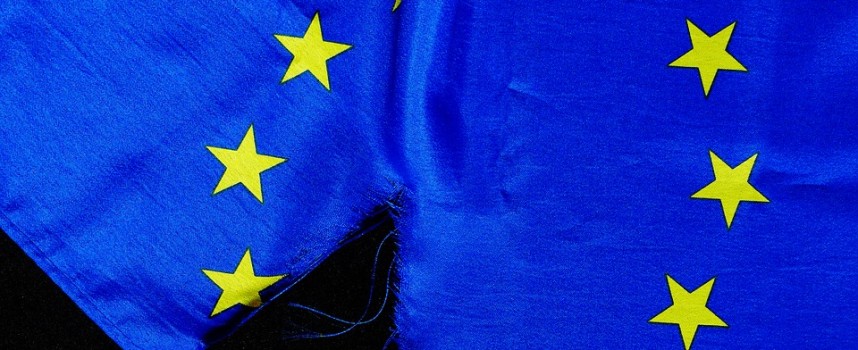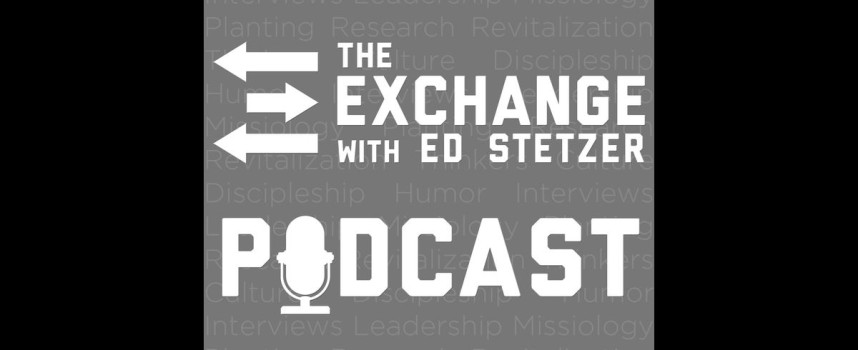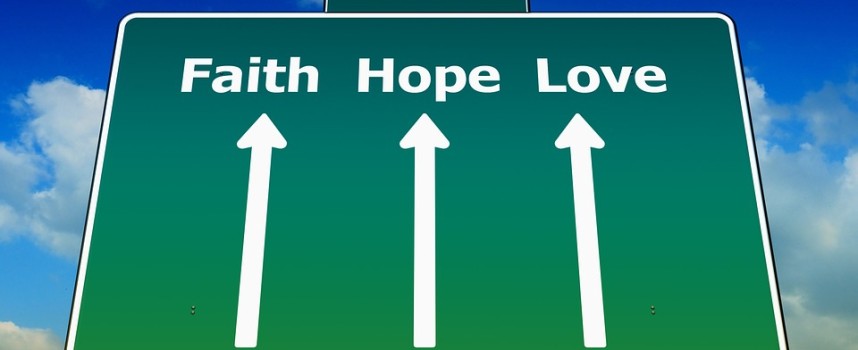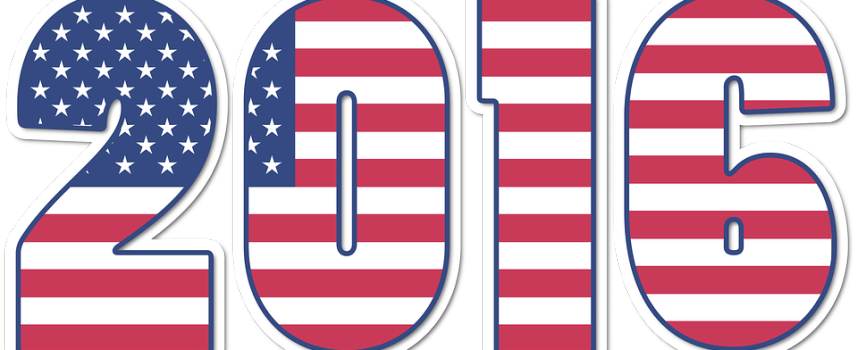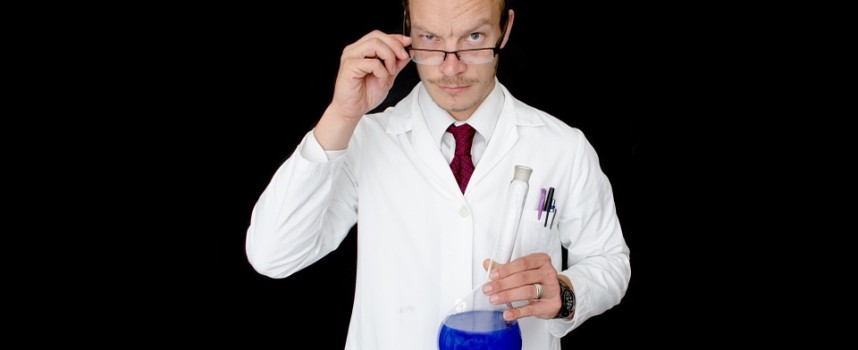Politics and Public Life
It seems like our country is burning down right in front of our faces. If not burning down, it is at least deeply divided and dripping with blood.
In the aftermath of this week’s breaking news about Alton Sterling and Philando Castile—black men being shot to death by white police officers—many black Americans are not only frustrated and angry but also afraid. They are afraid that “justice and equality for all” doesn’t apply to their sons. They are afraid to let their sons go outside at night for fear that a routine traffic stop could spell the end of their life. They are emotionally exhausted. They are black and tired.
At the same time, in the wake of other breaking news about five Dallas police officers killed in the line of duty—white officers shot to death by a black sniper—many law enforcement personnel are not only afraid, but angry. They are frustrated and hurt that some of the very citizens they seek to protect now treat them with suspicion or resentment. Law enforcement officers have to make split-second decisions and they do their best, they say, but it doesn’t always go as planned. If they’ve said it once, they’ve said it a hundred times. They are blue in the face. [ Read More ]
On Tuesday, James B. Comey, director of the Federal Bureau of Investigation, announced that the bureau would not recommend criminal charges in Hillary Clinton’s handling of classified information. He charged her with being “extremely careless” but stopped short of seeking an indictment for gross negligence. During the early months of the FBI’s investigation, she emphatically [ Read More ]
Recent surveys have confirmed what we already know: Americans are not happy. Anger, anxiety, and depression are on the rise in our country. An NBC News survey revealed that half of Americans are more angry than they were last year, and a significant percentage of Americans become angry at least once a day because of something they saw on the news. And the anger is bipartisan: both Republicans and Democrats both feel this way.
Other surveys reveal that Americans are also depressed, as indicated by a rise in suicides and in prescriptions for depression medications, and anxious because of stagnant wages, deteriorating 401(k) retirement plans, lost wars, racial unrest, terror acts, an increasingly polarized society, and the toxic nature of our public discourse.
In the midst of our anger, depression, and anxiety, Jesus offers the Beatitudes. “Beatitude” is the blessedness, the deep happiness, of being in right relationship with him and allowing him to work in and through us, even in the midst of the worst of circumstances.
[ Read More ]
On June 23, the citizens of the U.K. voted, by a margin of 52% to 48%, to leave the European Union. Immediately following the vote, global markets plunged—with the Dow Jones Industrial Average falling by 500 points and the NASDAQ by 600—and international politicians and media scrambling to interpret Brexit and its implications for the U.K. and other nations.
Proponents of “Brexit,” as Britain’s exit has been nicknamed, were elated. Nigel Faragee, head of the U.K. Independence Party, compared Brexit to a new day dawning. Opponents were devastated. Keith Vaz of the Labour Party said, “This is a crushing decision; this is a terrible day for Britain and a terrible day for Europe. In 1,000 years, I would never have believed that the British people would vote for this.”
Although American evangelicals might think Brexit has little or no significance for them, the opposite is true: the U.K.’s decision to exit is something that affects Americans and to which we should pay close attention. Here are three reasons we should care about Brexit:
[ Read More ]
This past week, The Exchange released a video interview with me on the topic, “What is the Christian Hope for American Politics?” In the interview, co-host Micah Fries and I discussed the biblical support for Christian involvement in politics and public life, the criteria by which evangelicals should evaluate presidential candidates, and the way the Christian gospel stands in judgment of all modern political ideologies, including liberalism, conservatism, progressivism, libertarianism, socialism, nationalism, and fascism. For those of you interested in American politics in general, and the 2016 election cycle in specific, the video is available here.
[ Read More ]
In a recent post, I argued that the gospel is not only a treasure to be valued, but also a leaven to be kneaded into the “dough” of society. But how exactly do Christian virtues affect social and cultural realities? In that article, I made two big points: first, a gospel-centered approach to politics enables us as evangelicals to reframe the significant political issues of our day; and second, a gospel-centered approach to politics liberates us from society’s perspective that evangelicals are a special-interest arm of a major political party.
In this brief article, I will show how the Christian virtues of faith, hope, and love counteract society’s maladies. Sick are the depths of our civilization’s soul, but soothing and healing are the spiritual operations of faith, hope, and love.
[ Read More ]
Let’s face it: we evangelical Christians have not exactly “won the day” in terms of our social, cultural, and political initiatives. Although we have made some incremental progress with some of our convictional initiatives, such as pro-life reform, we seem to be losing ground on nearly every other front: religious liberty, human sexuality, marriage, among others. What’s more, certain developments during the past year have caused many of our fellow citizens to view evangelicals as little more than the hypocritical and bigoted special interest arm of the Republican Party.
Not the best of times, these.
In light of the situation, therefore, shouldn’t evangelical Christians consider slowing down, taking a deep breath, and reassessing our priorities so we can treasure the gospel and forget about politics and public life for a while?
No.
[ Read More ]
The 2016 election cycle has been a never-ending carnival of political wedgies. Nothing could have prepared us for the repetitive sequence of awkward and uncomfortable surprises we have experienced over the course of the past year.
At the beginning of the primary season, the two major political parties offered an unusually broad array of candidates that included liberals, conservatives, progressives, nationalists, socialists, and libertarians. In addition, they offered debates that were strikingly superficial and juvenile, more similar in character to a Saturday Night Live skit than to a serious debate about who should serve as the leader of the most powerful nation in the world. On top of that, they revealed to us the deep fissures within the major parties and within the conservative and progressive movements; neither major party has a consensus candidate.
As the primary season comes to a close and the political parties narrow in on their nominees, many of us still have not decided for whom we will cast our vote. Which of the candidates would make the best President of the United States of America? As we the People consider our answer to this question, we should take into account the following criteria, each of which will significantly affect the way our next president will govern:
[ Read More ]
I learned more about politics during my two years in Russia than I’ve learned in the nearly two decades since. During those two years, I worked as an adjunctive professor at several universities in the city of Kazan. Most of my students were deeply skeptical about whether God existed, whether life had any meaning, and whether there were any moral absolutes. Russia’s cultural institutions—including its government, businesses, marriages, and schools—reflected this deep sense of loss.
For that reason, I felt compelled during those years to think through the relationship of Christianity and politics, and the best guide I found was a dead Dutch theologian and politician named Abraham Kuyper. Here are four of Kuyper’s essential guidelines for mixing Christianity and politics, guidelines that will help us as we navigate our own political involvement.
[ Read More ]
Early in the 2016 election cycle, GOP chairman Reince Priebus declared that the GOP was “likely to have the most diverse presidential primary field in history—of either party.” If diversity is considered in terms of the varied ethnic heritages of the presidential primary candidates, he was right. And yet, 90% of the voters in GOP primaries this year have been white.
Reflecting on this reality, Stanford sociologist Corey D. Fields recently argued in the New York Times that “the image of black Republicans that the G.O.P. disseminates may actually dampen enthusiasm for the party–not only among the black electorate in general, but also among black Republicans themselves.”
[ Read More ]

